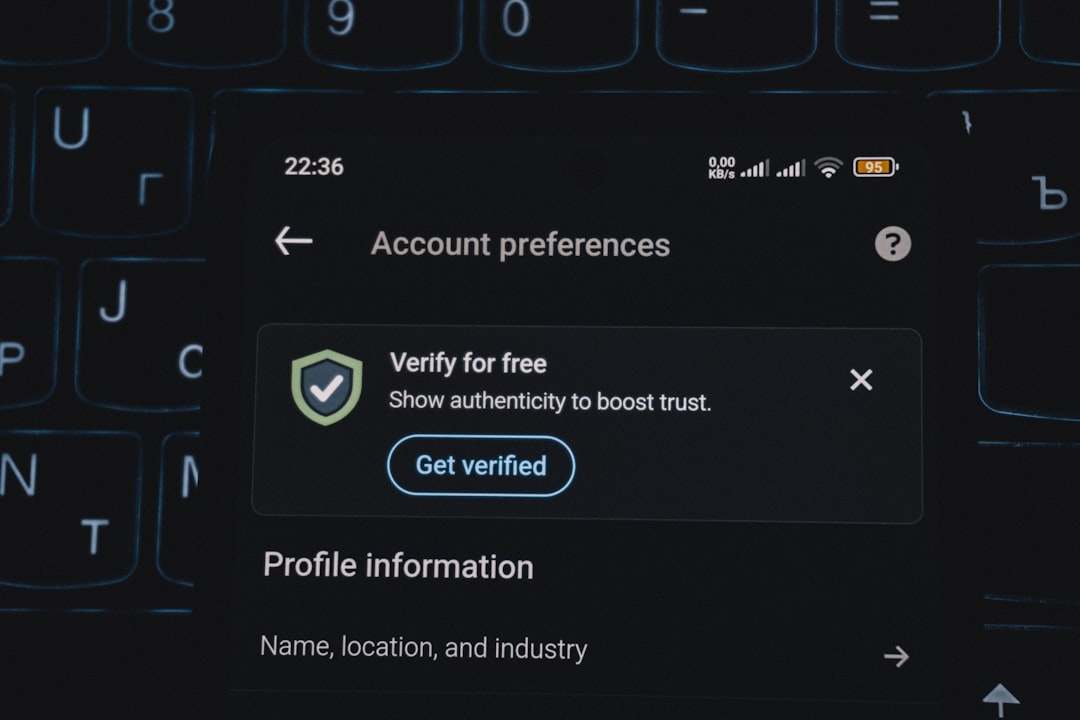
Successful real estate professionals understand the importance of relationships and efficient workflows. To compete in an increasingly digital market, agents and brokerage firms are turning to specialized real estate Customer Relationship Management (CRM) systems that not only streamline operations but also integrate seamlessly with the tools they already use. Here’s a look at the top 7 real estate CRMs that stand out for their powerful integrations, reliability, and ability to enhance productivity.
1. Follow Up Boss
Follow Up Boss is widely regarded for its user-friendly interface and advanced automation features. Designed specifically for real estate teams, it integrates effortlessly with numerous tools, including Google Apps, Facebook Lead Ads, Zapier, and Mailchimp. It’s especially effective at helping you track leads and maintain communication workflows from a variety of sources.
Key integrations: Zillow, Realtor.com, Slack, BombBomb

2. LionDesk
Known for its affordability and adaptability, LionDesk supports video emails, texting, and drip campaigns. It also offers deep integrations with popular tools including Gmail, BombBomb, and social media platforms—making it a particularly strong option for agents focused on digital lead capture and conversion.
Key integrations: Facebook, Zapier, Mailchimp, Cloud CMA
3. Salesforce with Propertybase
Propertybase, built on the Salesforce platform, is a robust real estate CRM solution that’s ideal for enterprise-level brokerages. It offers unmatched customization and integrates with hundreds of business tools through Salesforce’s massive ecosystem. Its real estate-specific features include MLS integration, transaction management, and marketing automation.
Key integrations: DocuSign, MLS providers, Google Workspace, Dotloop

4. kvCORE
kvCORE by Inside Real Estate is an all-in-one platform highly regarded for its intelligent lead generation and AI-powered automation. It allows agents to manage contacts, automate follow-ups, and market properties—all from a single dashboard. Plus, it connects easily with third-party apps and services to enhance its already comprehensive features.
Key integrations: Mailchimp, Facebook Ads, Google Analytics, Mojo Dialer
5. HubSpot CRM (Customized for Real Estate)
While HubSpot CRM isn’t built solely for real estate, many agents and brokerages use and customize it due to its scalability and extensive integrations. Its free plan is especially attractive to new agents or small teams, and you can build complex workflows using tools like Zapier to make it fully functional for real estate.
Key integrations: Gmail, Outlook, Zoom, Zapier, Typeform
6. Real Geeks
Real Geeks offers both CRM and lead generation tools targeted specifically at real estate professionals. One of its standout features is the integration with a branded IDX website, allowing agents to manage web leads and pipeline activities in one place. Other useful integrations include lead routing and email marketing systems.
Key integrations: Zapier, Google Sheets, Mojo Dialer, Facebook Lead Ads
7. Wise Agent
Wise Agent is a long-time favorite in the real estate community thanks to its simplicity, responsive support, and low barrier to entry. It includes time-saving tools like transaction management, automated lead capture, and suggests prospect follow-ups. It integrates well with several marketing and communication platforms.
Key integrations: BombBomb, Mailchimp, Cloud CMA, Mojo Dialer

Final Thoughts
Choosing the right CRM can dramatically improve your productivity, boost your lead conversion rate, and strengthen client relationships. But it’s not enough to simply have a CRM; it needs to work seamlessly with the tools and platforms your team already relies on.
Whether you’re looking for powerful customization with Propertybase, simplicity and affordability with Wise Agent, or full automation with kvCORE, there’s a solution that fits your business needs. Before making a final decision, consider your team’s size, technical capability, and specific workflow requirements. A CRM that integrates well will not only save time but also bring in measurable ROI in the long run.






